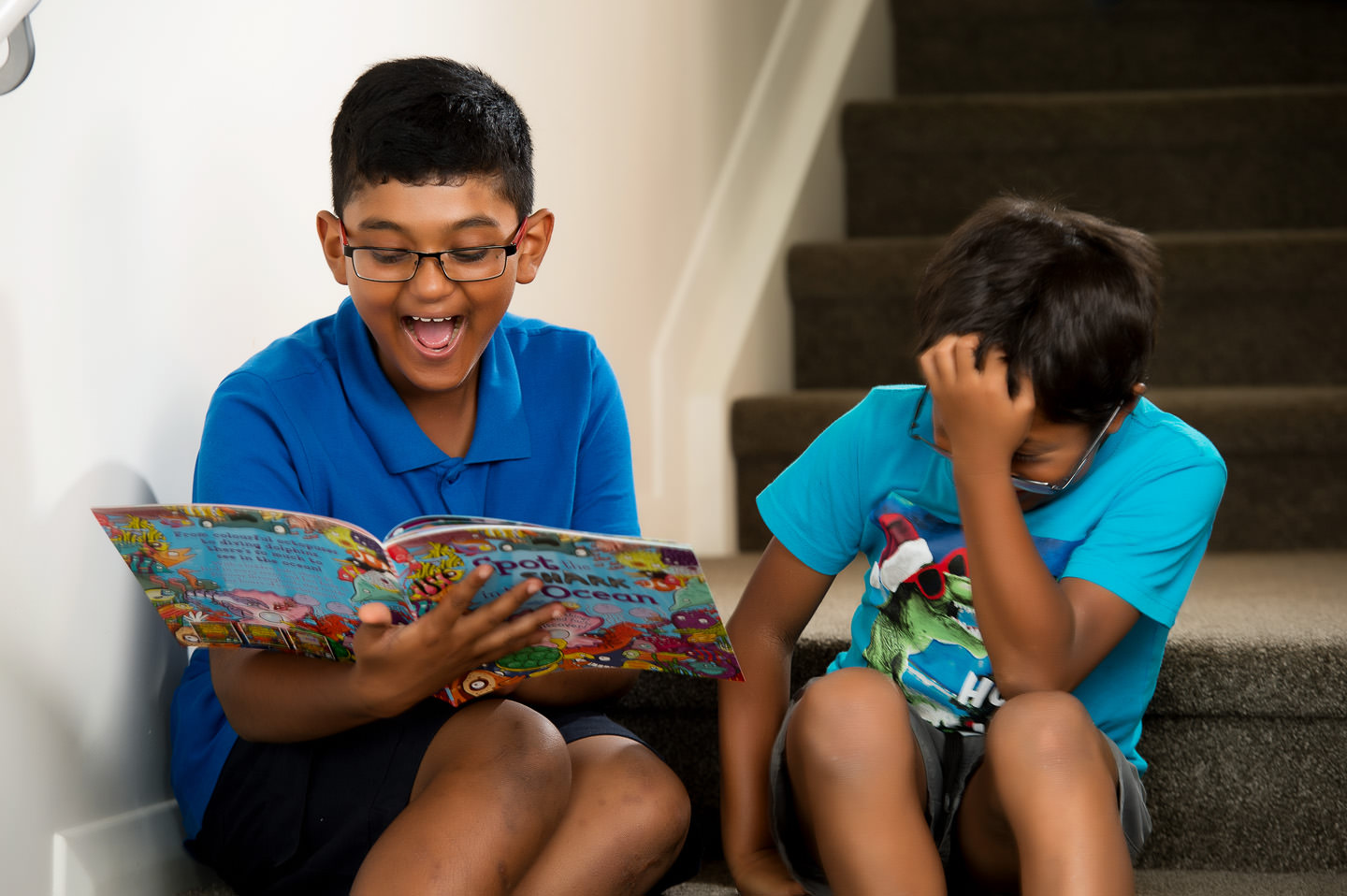Reading for pleasure has many benefits including cognitively, psychologically and socially.
Whilst most children and adults in Aotearoa enjoy reading – according to research conducted in 2020 and 2021 – our tamariki and rangatahi are, sadly, following the international trend of a waning interest in reading for pleasure.
In order to reverse the trend, a study was devised to collect data on what aspects (such as environments, people, identities, practices, concepts and artefacts) may influence reading in children. The study used data from the Growing Up in New Zealand (GUiNZ) study, which is a longitudinal study that has been researching the development of children in a cohort of over 6,000 children since 2009/2010.
The study asked children at eight years old, how often they read and if they enjoyed reading. The results found that most of the children frequently engaged in reading for pleasure and about half of them enjoy reading very much. Reading was associated with expected characteristics such as children who preferred quieter play or have fewer siblings at home to play with, but the study also discovered that children who read are not always quiet, and there was a positive association between children who are busy and active, and also enjoyed reading and read more often. There was a high proportion of Māori and Pacific children who enjoyed reading very much but read less often.
Other findings from the study were:
- Children who read frequently are more likely to feel more confident about schoolwork, and those who enjoyed reading a lot are especially confident.
- Children who read frequently have higher odds of also being involved in extracurricular activities outside of the home.
- Reading enjoyment is positively related to arts activities, library use, and individual sports.
Environmental barriers to reading
The most significant factor in the study, for reading frequency was financial. For reading enjoyment, there was a very weak association between economic position and enjoyment.
Children from higher income households are more likely to have a higher reading frequency than those in lower income households. Some predictors that might enhance children’s frequency and enjoyment of reading, were children who were read to in their early years and were encouraged to read as they got older. As were households with more adults than children and smaller households. Another factor is that parents are an important predictor of a child’s reading. For example, those children whose parents are proud of progress and have an interest in learning, were between 1.5 and 3.5 times more likely to read more often and/or very much enjoy reading. Whereas, parents who were proud of sports or performance/visual arts, were 81% less likely to enjoy reading.
Unsurprisingly, having access to lots of books in the home increases the likelihood of a higher frequency of children reading and their enjoyment of reading. Library use is another predictor of both greater enjoyment and frequency of reading, indicating the value of libraries especially in high deprivation areas.
The results of the study show that those who come from lower income households are disproportionally affected by lack of access to books, than those from higher income households. It also shows that the children enjoying reading is not impacted by the income of their household, but more so by what their parents place importance on.
Our work to end the cycle of booklessness, is more important than ever. Not only is reading more frequently a predictor of confidence in schoolwork but also that having access to books in the home is more likely to increase the chances of children reading more often and enjoying what they read.

